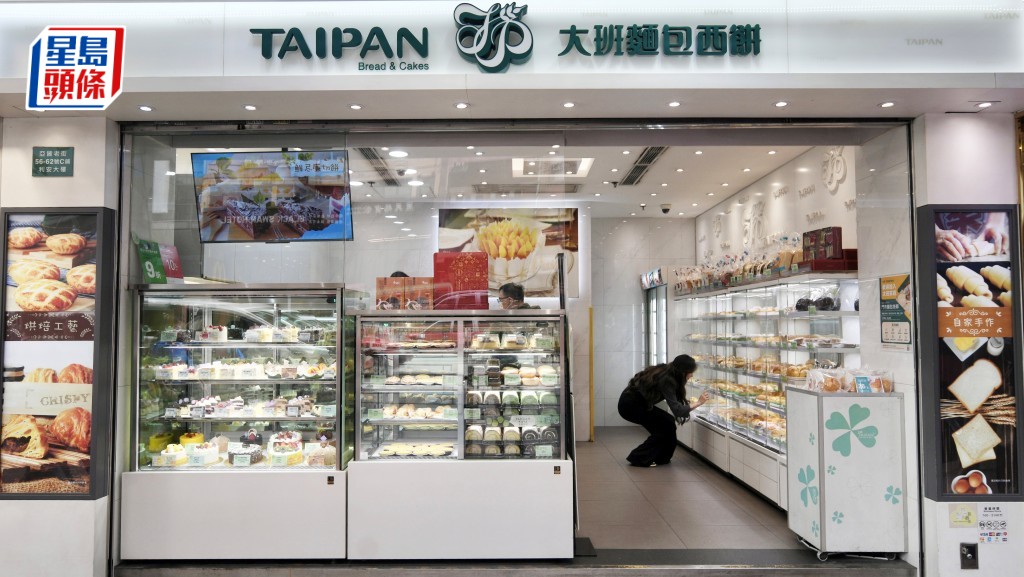After four decades of serving Hong Kong’s bakery market, Taipan Bread & Cakes has announced the complete closure of its retail operations, marking the end of a long-standing local culinary institution. The company’s sudden shutdown stems from what management describes as “unpredictable” and “irresistible” challenges that have ultimately proven insurmountable.
The bakery chain’s final days have been characterized by significant financial and operational difficulties, particularly involving complex legal disputes with landlords over substantial rent arrears. Three of Taipan’s strategic locations—situated at Choi Hung, Tai Wai, and Whampoa MTR stations—were among the first to feel the impact, closing their doors on Sunday, June 22nd. An insider from the company revealed that these specific branches had accumulated over HK$1 million in unpaid rent, with outstanding payments stretching beyond three months.
The closure’s ripple effects extend beyond mere business logistics, significantly impacting the bakery’s workforce. The Hotels, Food, and Beverage Employees Association has been inundated with assistance requests from Taipan employees facing critical issues such as delayed wage payments and unresolved food entitlements. Recognizing the potential for labor complications, the Labour Department has actively begun monitoring the situation, responding to inquiries from affected staff members.
For a business that has been a familiar presence in Hong Kong’s culinary landscape for approximately 40 years, the shutdown represents more than just a commercial setback. It reflects the challenging economic environment facing small and medium-sized enterprises in the region, where rising operational costs, rental challenges, and competitive market dynamics can swiftly transform long-standing businesses.

The narrative of Taipan’s closure offers a poignant glimpse into the complex ecosystem of Hong Kong’s food service industry. While the specific details behind the “unpredictable” challenges remain somewhat opaque, the combination of rent disputes, potential cash flow issues, and workforce compensation concerns paints a nuanced picture of the difficulties faced by local businesses.
As the bakery chain prepares to conclude its four-decade journey, the situation serves as a stark reminder of the fragility of established businesses in a rapidly evolving economic landscape. The involvement of labor associations and government departments underscores the broader societal implications of such corporate closures, highlighting the interconnected nature of business, employment, and economic stability.
For long-time customers and employees alike, Taipan’s shutdown represents the end of an era—a moment of reflection on a business that has been a consistent part of Hong Kong’s culinary fabric for two generations. The bakery’s legacy, built over 40 years of serving the community, will undoubtedly be remembered even as its physical presence fades.
While the full story behind Taipan’s closure continues to unfold, one thing remains clear: the bakery’s journey serves as a compelling case study of the challenges facing small businesses in today’s dynamic economic environment. As Hong Kong’s commercial landscape continues to evolve, the tale of Taipan Bread & Cakes will likely be studied and discussed by entrepreneurs, economists, and industry observers seeking to understand the complex dynamics of business survival.











